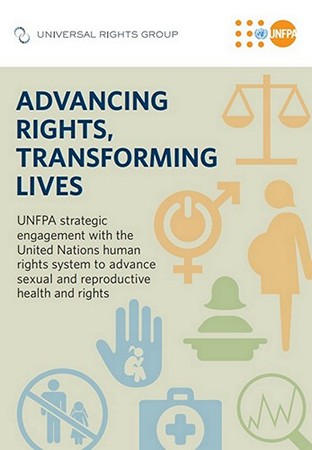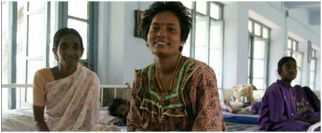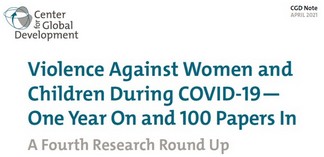Gender-Based Violence Is a Public Health Issue – WHO
Gender based violence is a public health issue: using a health systems approach (who.int)
25 November 2021 – Providing quality health care services for GBV survivors is critical in any crisis, whether it be natural disasters, conflicts, disease outbreaks or others. GBV has significant and long-lasting impacts on physical and mental health including injury, unintended pregnancy and pregnancy complications, sexually transmitted infections , HIV, depression, post-traumatic stress disorder, and even death.
The role of health care providers to address GBV is crucial to ensure life-saving care for women, girls and other at-risk groups. They are often among the first—and only—points of contact for GBV survivors. Health care providers not only offer immediate medical attention and first-line support but can link survivors to other needed assistance including mental health and psychosocial support, social services, legal aid, shelter/housing services, or livelihood support.
The role of health care providers to address GBV is crucial to ensure life-saving care for women, girls and other at-risk groups. They are often among the first—and only—points of contact for GBV survivors. Health care providers not only offer immediate medical attention and first-line support but can link survivors to other needed assistance including mental health and psychosocial support, social services, legal aid, shelter/housing services, or livelihood support.
Addressing gender-based violence with a health systems approach
Gender-based violence response requires a multi-sectoral response and health systems have an important role to play in it. To ensure or strengthen a health systems response to GBV requires:
- Understanding the impact of GBV on the health and wellbeing of women and their children
- Improving health workers’ and managers’ understanding of what is required for a survivor-centered, effective response
- Integrating care for gender-based violence survivors within health services rather than setting up parallel services;
- Supporting long-term efforts to sensitize, train and support health professionals at all levels to provide a safe and effective response for gender-based violence survivors;
- Readiness to address this and support providers through for example, ensuring infrastructure for privacy and confidentiality, having written protocol/standard operating procedures, a referral network in place.
- Ensuring adequate documentation, monitoring and evaluation of services for continuous learning and improvement of services.
Извор: WUNRN



